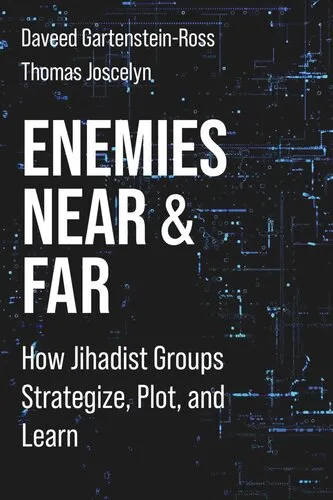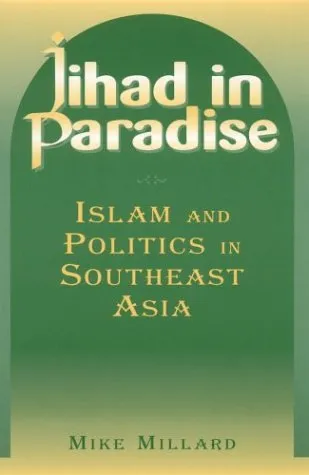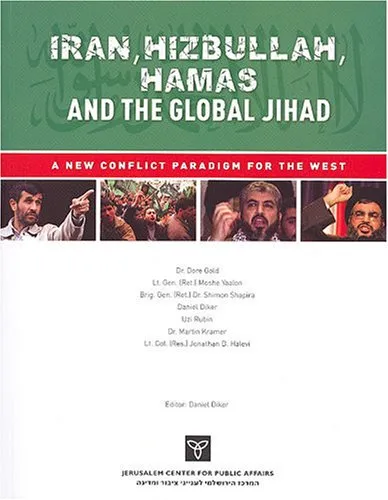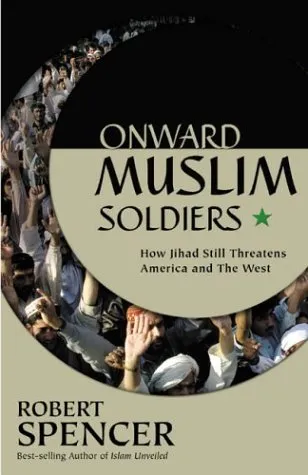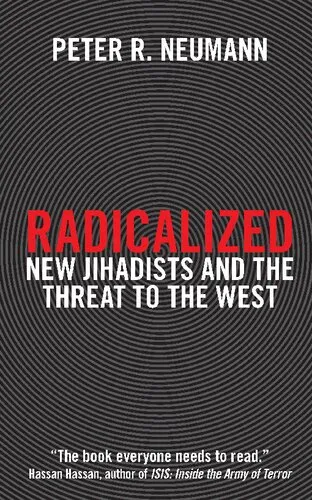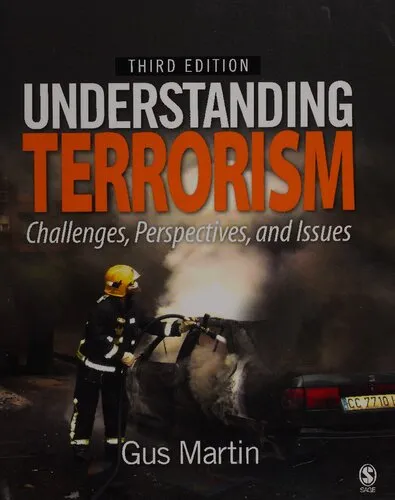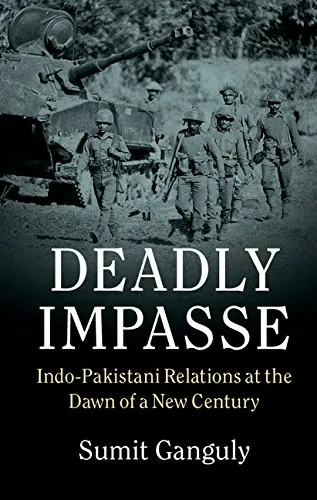Seeds of Hate: How America's Flawed Middle East Policy Ignited the Jihad
4.0
Reviews from our users

You Can Ask your questions from this book's AI after Login
Each download or ask from book AI costs 2 points. To earn more free points, please visit the Points Guide Page and complete some valuable actions.Related Refrences:
Introduction to "Seeds of Hate: How America's Flawed Middle East Policy Ignited the Jihad"
Written by Lawrence Pintak, Seeds of Hate delves deep into the intersection of U.S. foreign policy in the Middle East and the growth of Islamist extremism. In this eye-opening book, the author unpacks how decades of U.S. actions in the region — often driven by short-term political and economic interests — have fueled resentment, destabilized nations, and inadvertently sown the seeds of radicalism. This work is an unflinching exploration of why America's approach to the region has been not only strategically flawed but also deeply misunderstood.
Published amidst the turbulence of growing anti-American sentiment post-9/11, the book offers a necessary critique of decisions that have shaped the contemporary Middle East. Rather than simply recounting historical events, Pintak connects the dots between policy missteps and the rise of jihadist ideologies, revealing a complex tapestry of betrayal, intervention, and unintended consequences.
This introduction sets the tone for a thought-provoking narrative that challenges conventional wisdom and urges readers to re-evaluate America's role in the Middle East, not through the lens of idealism but in harsh, pragmatic reality.
Detailed Summary of the Book
The book chronicles key moments in American-Middle Eastern relations, illustrating how diplomatic, military, and economic decisions have contributed to the animosity underlying jihadist movements. Lawrence Pintak starts by highlighting American policies during the Cold War, which laid the groundwork for mistrust and manipulation. He examines the blind support for autocratic regimes, the covert operations to destabilize governments, and the glaring contradictions in U.S. rhetoric about democracy and freedom.
The narrative then shifts to the post-World War II era, focusing on U.S. involvement in Iran, the Arab-Israeli conflict, and the Gulf Wars. Pintak carefully unpacks the CIA-backed coup in Iran (1953), the unwavering support for Israel, and the disastrous consequences of arming Afghan Mujahideen during the Soviet invasion — a decision that indirectly set the stage for the rise of groups like al-Qaeda and the Taliban. The book sheds light on how these policies were driven by economic gains, especially related to oil, often at the expense of the people in the region.
Pintak doesn’t stop at government policies but also critiques the American media's portrayal of the Middle East, which he argues perpetuates stereotypes and deepens cultural divides. His account exposes how media narratives shape public opinion, fostering fear and misunderstanding of Islam and its followers.
Key Takeaways
- U.S. policies in the Middle East have often prioritized political and economic interests over human rights, democracy, and stability.
- The support for authoritarian regimes and interventionist strategies have fueled widespread resentment among ordinary people in the region.
- The rise of jihadism is not simply a religious phenomenon but a reaction to decades of exploitation, humiliation, and foreign interference.
- Media representation of the Middle East and Islam has contributed significantly to the American public's misunderstanding of the region.
- Understanding the historical context of U.S.-Middle East relations is essential to addressing current tensions and preventing further cycles of violence.
Famous Quotes from the Book
- "History is a haunting specter, especially when ignored."
- "The anger that fuels the jihad did not emerge in a vacuum — it was nurtured by political manipulation, betrayal, and hypocrisy."
- "America champions democracy and freedom but often sides with those who suppress both."
- "Jihadism is the symptom; the disease lies in the wounds inflicted by decades of foreign interference."
- "A policy built on short-term gains will ensure long-term chaos."
Why This Book Matters
In an era when headlines are dominated by conflicts in the Middle East, terrorism, and global security concerns, Seeds of Hate remains a crucial resource for understanding the roots of these crises. Lawrence Pintak’s meticulous research and compelling arguments challenge us to think critically about America's role on the world stage. The book underscores the importance of historical context, offering readers a lens through which to view contemporary issues in the region.
More importantly, this book forces readers to confront uncomfortable truths: that America's actions are often driven as much by self-interest as by ideology, and that these actions carry long-term ramifications, many of which are still being felt today. By providing insight into how and why America has gotten it wrong in the Middle East, Pintak not only aids in understanding the “why” but also offers a roadmap for avoiding further mistakes.
Seeds of Hate is an essential read for policymakers, academics, journalists, and anyone seeking to understand the intricate web of history, politics, and culture that connects the United States and the Middle East. It is a call to rethink the narratives and approaches that have defined this fraught relationship for too long.
Free Direct Download
You Can Download this book after Login
Accessing books through legal platforms and public libraries not only supports the rights of authors and publishers but also contributes to the sustainability of reading culture. Before downloading, please take a moment to consider these options.
Find this book on other platforms:
WorldCat helps you find books in libraries worldwide.
See ratings, reviews, and discussions on Goodreads.
Find and buy rare or used books on AbeBooks.
1331
بازدید4.0
امتیاز0
نظر98%
رضایتReviews:
4.0
Based on 0 users review
Questions & Answers
Ask questions about this book or help others by answering
No questions yet. Be the first to ask!


